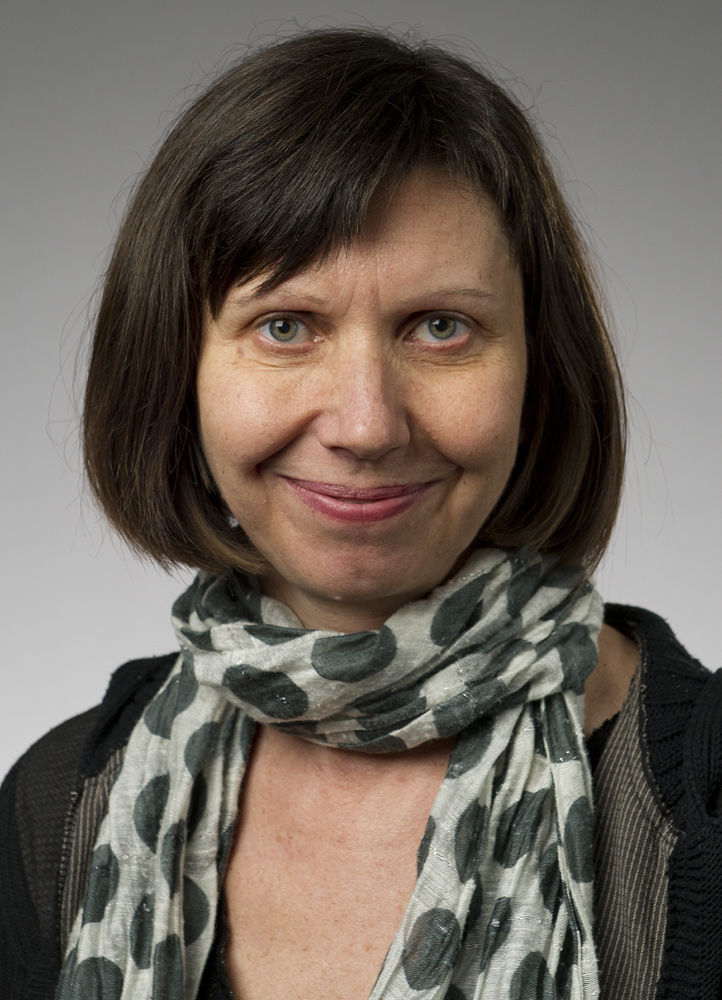Internal Review Panel Improves Proposal Writing Process - and Knowledge Sharing
A new internal review panel at the Danish School of Education (DPU) paves the way for better proposals and more knowledge sharing among the researchers at the department. Our initial experience is very positive, and in the long term, the review process may also have a positive impact on the organizational culture," says professor Venka Simovska, head of the review panel.

Aarhus University wish to improve their success rates on proposals submitted to open calls/tenders. Therefore, the department management at DPU has decided to try out internal reviews as a means to submitting better proposals. Ten professors sit on the panel. From now on, all potential applicants must contact the head of department to discuss the relevance of their proposal in relation to both the department’s and their own research strategy. For each proposal, a review team of two people is established: One, who is academically close to the applicant, is appointed by the head of department and by the applicant; one, who is not close to the applicant, is appointed by the review panel.
At DPU they have already reviewed one round of proposals to the Independent Research Fund Denmark, and the review process went very well. 'All the researchers who have been through a review process, are very satisfied and happy," says professor Venka Simovska.
Positive Changes of Culture
Not only has the review process probably increased the quality of the proposals submitted; Venka Simovska also believes that the researchers benefit from not working entirely alone on their proposals. Writing a research proposal is often a singular, lonely and stressful process, she says. 'I hope that through this work we will also change the culture slightly and strengthen the trust between the researchers. Generally, few researchers want to share their ideas in the early phases of their research project - and they certainly do not want to share their problems. Some researchers consider it a transgressive ordeal to have their proposals read by other researchers, and instinctively they will try to protect both themselves and their work. But for many of us, I actually think that things will be easier when we share our experience'," says Venka Simovska. She sees this effort as a way to establish an academic culture in which we draw attention to the challenges and uncertainties of that culture, and where we learn from such challenges and uncertainties rather than hide them. Therefore, the review panel tries to take individual differences and wishes into account, e.g. whether the panel is allowed to share the external review feedback from the Independent Research Fund Denmark Humanities/Social Sciences. 'We do not want to step over anyone’s line. It is a 'delicate' process, and our intention is to be sensitive to the process. So you could say that it also becomes an organizational development project', she says.
Not a New Instrument of Control
Professor Venka Simovska believes that it is important that such a panel does not turn into a new instrument of control with the sole purpose of acquiring more money for the department. That should not be the main purpose, according to her. To her it is important that there is a broader purpose and that the overall aim is to strengthen the quality of the research and of the research environment.
Therefore, after the first round, the panel has had a meeting where they discussed strengths and weaknesses across all the proposals. They have also discussed in broad terms the characteristics of good research, good research questions, analytical strategies, good proposals, and more. Based on their first experiences, the panel has collected tips and advice for future proposals.
Everyone Learns from the Work
Not only the applicants learn from the reviewers. The reviewers learn both from the applicants and from each other, because they come from different fields of research and have different experiences with the research foundations. "It is a mirror for everyone - it lets you pick out the blind spots of your own research environment," explains the professor.
External feedback from the reviewers at The Independent Research Fund Denmark will be analysed and used in the future. Professor Venka Simovska considers it important that it is a process where everyone wants to learn. And she is happy about the cultural shift to which such work contributes. So even though the success rate does not increase immediately, other advantages are gained by this process, e.g. an improved proposal writing culture, improved support structures and continuous reflection on what constitutes good research and good research proposals, she says. If our process also results in an increase in external funding in the long run, it is even better.
Internal Review - Balance Between Respect and Challenge
For other departments who wish to establish an internal review panel, Venka Simovskas advises that the composition of the panel and the organisation of the review processes is based on the specific culture and structure of the department. She believes that it is a balance between respecting and challenging existing standards through openness and self-critical reflection.